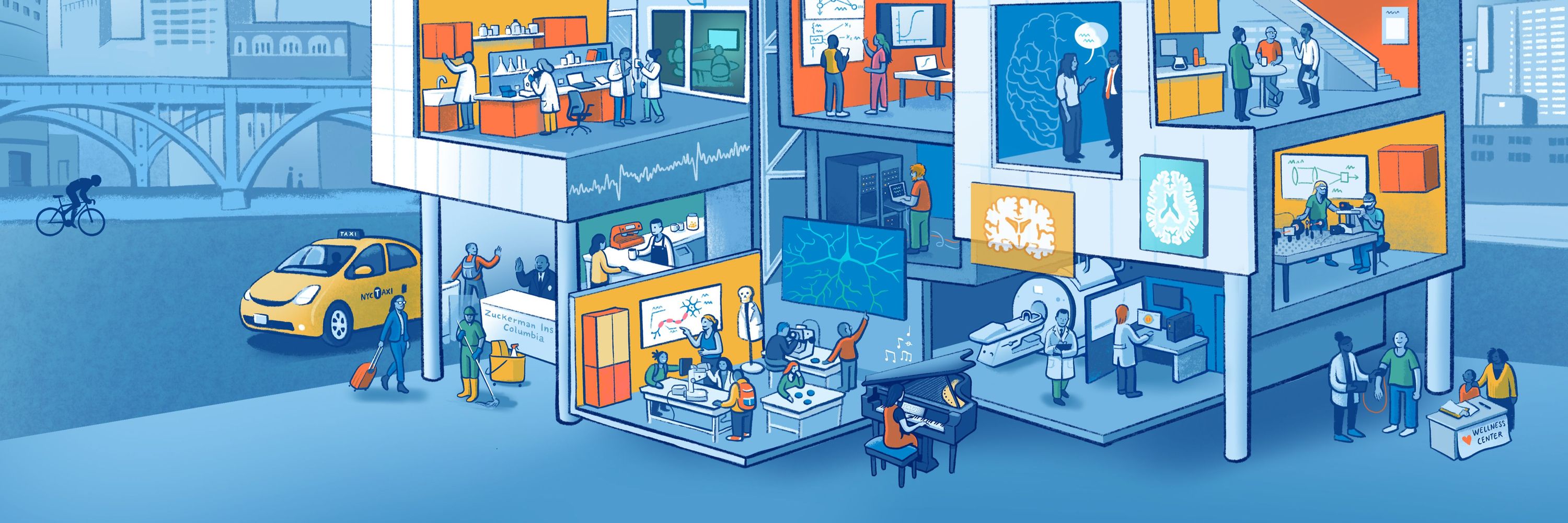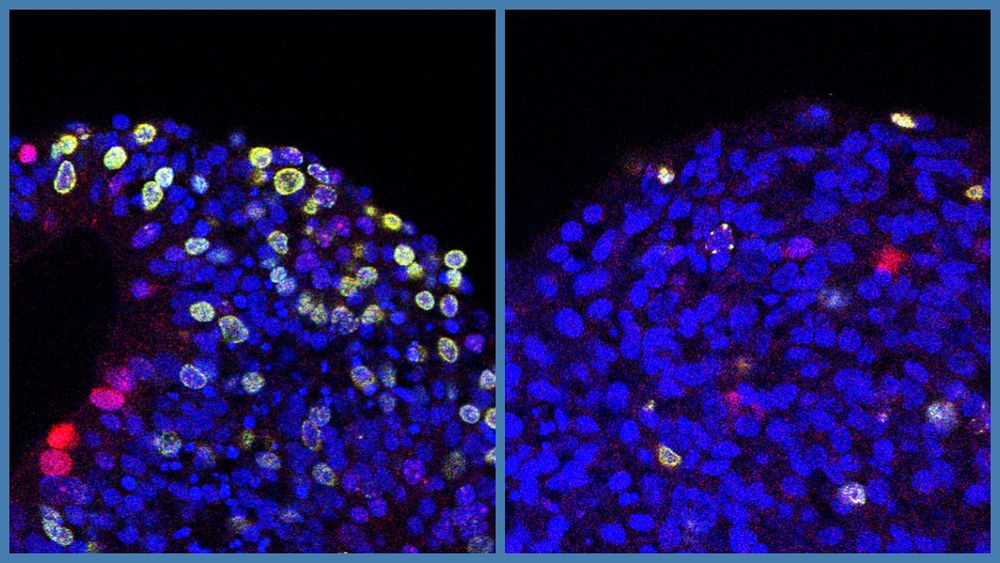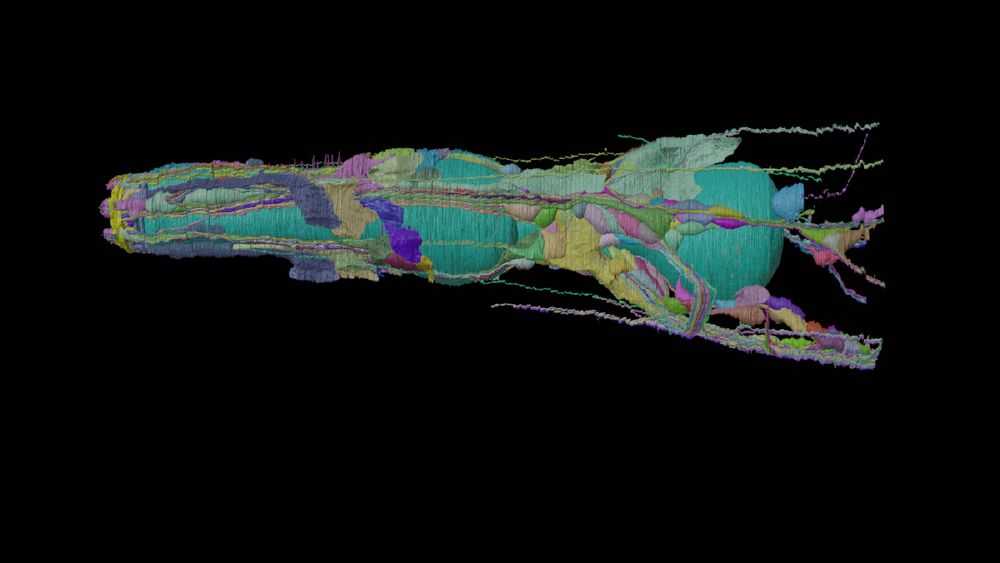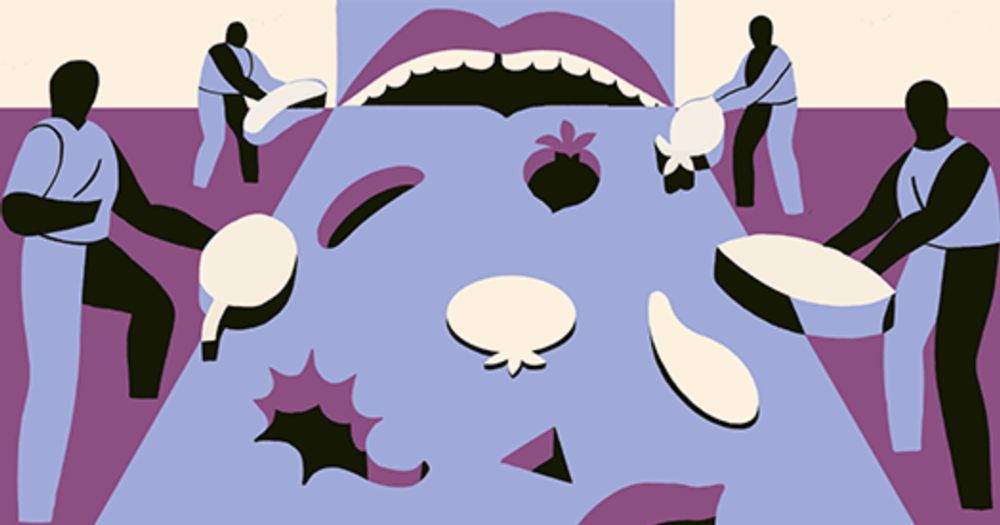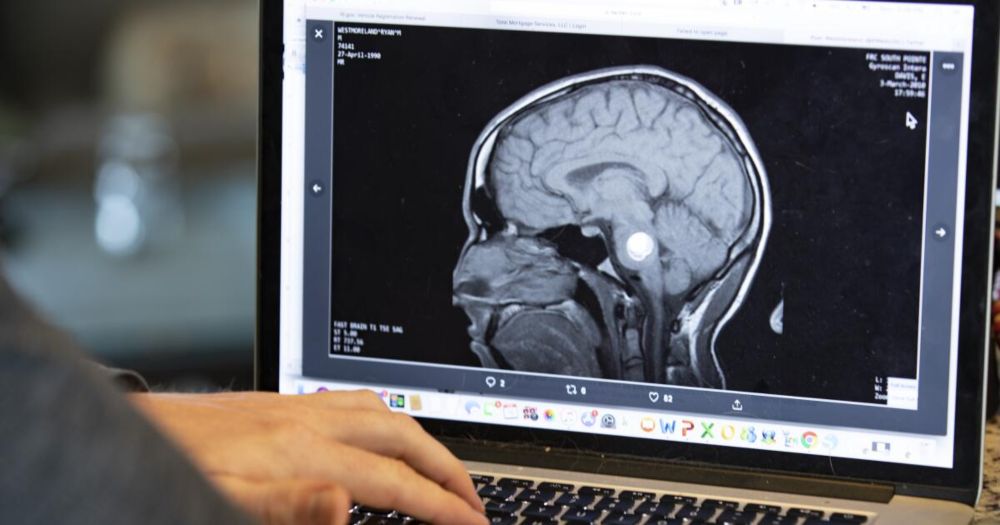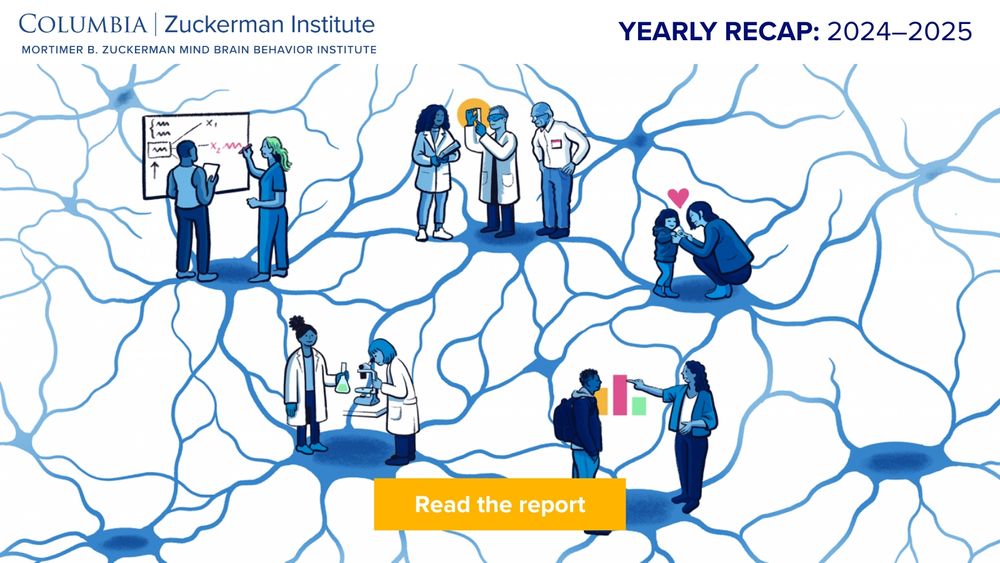Columbia University's Zuckerman Institute
@zuckermanbrain.bsky.social
590 followers
140 following
60 posts
Created by @columbiauniversity.bsky.social to be the world's foremost neuroscience institute, we are deciphering the brain — how it develops, works, endures and recovers.
Posts
Media
Videos
Starter Packs
Reposted by Columbia University's Zuckerman Institute
Reposted by Columbia University's Zuckerman Institute
Reposted by Columbia University's Zuckerman Institute
Reposted by Columbia University's Zuckerman Institute
Reposted by Columbia University's Zuckerman Institute
Reposted by Columbia University's Zuckerman Institute
